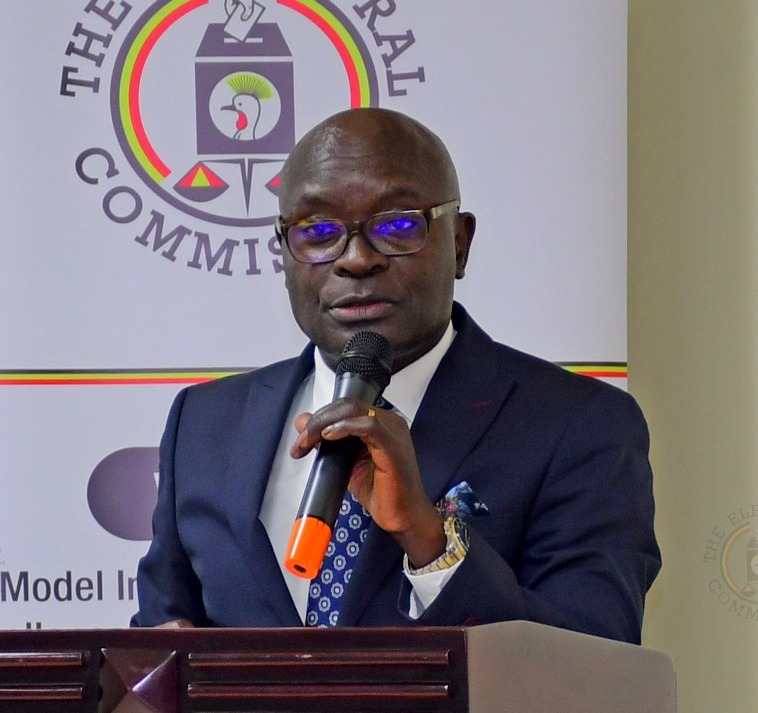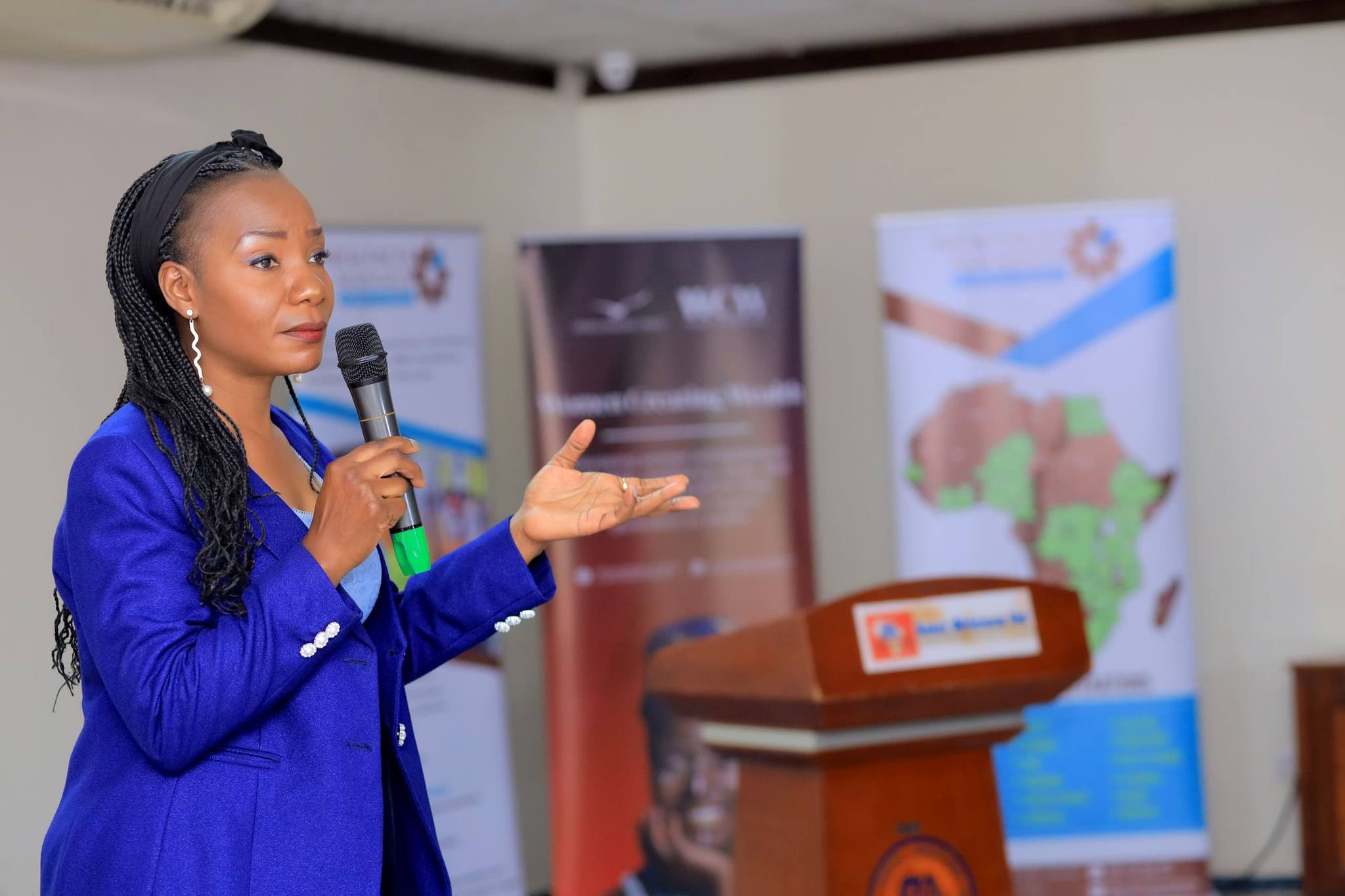Decarbonize Export Credit Agencies to continue impacting people’s livelihoods
Export Credit Agencies (ECA) are government-backed institutions that provide financial support to domestic companies engaged in international trade and investment.

By Patience Katusiime
Export Credit Agencies (ECA) are government-backed institutions that provide financial support to domestic companies engaged in international trade and investment.
These agencies facilitate and promote exports by offering various financial services and guarantees to exporters, such as insurance against non-payment or political risks.
Export credit agencies are part of larger system of investment and trade agreements that often threaten the ability of states to respect, protect and fulfill human rights.
Under the International Covenant on Economic, Social, and Cultural Rights, countries are obligated to ‘take steps, individually and through international assistance and cooperation’ in order to achieve ‘progressively’ economic, social and cultural human rights, ‘without discrimination.’
Corporations are the primary beneficiaries of export credit and insurance, often provided to projects of questionable feasibility on costly financing terms. This has led to massive indebtedness in many countries.
According to ‘Worse than the World Bank’ (Food First/Institute for Food and Development Policy, 2003), over sixty percent of Nigeria’s external debt and over forty percent of the debt of the Democratic Republic of Congo is for export credits, normally with higher interest rates than World Bank or IMF loans
ECAs are supporting projects with negative environmental and social impacts. Financing large-scale infrastructure projects or extractive industries can lead to issues such as deforestation, displacement of local communities, or adverse effects on indigenous populations.
It is important for ECAs to incorporate stringent environmental and social standards into their financing decisions to minimize such negative impacts and ensure sustainable development.
Thousands of people leave their land to make way fossil fuel related projects. The immediate negative impacts on people’s livelihoods are deeply felt for farmers, the loss of their agricultural land impact their earnings from food production and trade as well as the food security of their household.
Export credit agencies (ECAs) have negative impacts on people’s livelihoods, it is important to consider their potential effects on various stakeholders.
There is a risk that the benefits of ECA support may not be evenly distributed, leading to socioeconomic disparities. Companies that have access to ECA financing may have a competitive advantage over those that do not, potentially leading to unequal market opportunities.
It is important to ensure that ECA support is accessible to a wide range of businesses and that it does not exacerbate inequalities or marginalize certain groups of people.
Many ECA-backed projects have been associated with significant human rights violations, including arbitrary arrest, use of paramilitary ‘security’ forces, forced resettlement, inadequate consultation and compensation, violations of the right to a healthy environment, loss of livelihood and destruction of sacred and cultural sites.
Overall, the impacts of ECAs on people’s livelihoods depend on various factors, including the sectors supported, environmental and social standards applied, and the inclusivity of their financing programs.
Balancing economic growth with social and environmental sustainability is crucial to maximize the positive impacts and mitigate any potential negative consequences on people’s livelihoods.
There is need for aggressive climate action intensifies for the Energy credit agencies, these agencies must adapt and decarbonize their frameworks. By prioritizing deep decarbonization strategies, renewable energy integration, and global collaboration, energy credit agencies can play a pivotal role in driving the transition to a low-carbon future.
Their continued efforts are essential for mitigating climate change and achieving a sustainable and resilient energy landscape. ECAs have minimal transparency, accountability, and safeguards related to human rights, corruption, or the environment.
Patience Katusiime is the program assistant at Environment Governance Institute Uganda.
Email: pkatusiime1@gmail.com







